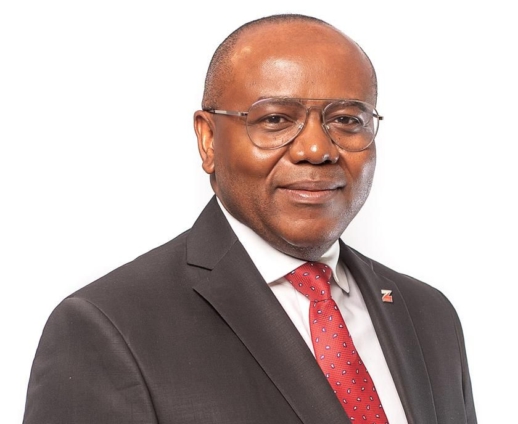Fitch Ratings has affirmed Zenith Bank Plc's Long-Term Issuer Default Rating (IDR) at 'B-' with a Positive Outlook.
The UK firm also affirmed the bank's National Long-Term Rating at 'AA-(nga)' with a stable outlook.
According to Fitch, Zenith Bank's IDRs are driven by its standalone creditworthiness, as expressed by its 'b-' Viability Rating (VR).
“The VR is constrained by Nigeria's Long-Term IDRs of 'B-' due to the bank's high sovereign exposure relative to capital and the concentration of its operations in Nigeria. Zenith's VR is one notch below the 'b' implied VR, reflecting the operating environment/sovereign rating constraint”.
It explained that Zenith Bank's National Ratings are at the higher end of the scale due to its comparatively strong domestic franchise and financial profile.
Challenging Environment
President Tinubu has pursued key reforms since he assumed office in May 2023, reducing the fuel subsidy and overhauling monetary policy, including by allowing the naira to devalue by over 65%.
According to Fitch The reforms are positive for Nigeria's creditworthiness but pose near-term macro-economic challenges for the banking sector.
Strong Franchise
Zenith Bank is Nigeria's second-largest banking group, representing 14% of domestic banking system assets at end-2023.
It has a strong corporate-banking franchise and a retail strategy that leverages its digital channels.
Fitch said revenue diversification is strong, with non-interest income representing 47% of operating income in quarter one 2024 (2023: 55%).
High Sovereign Exposure
Fitch said the bank’s single-borrower concentration is moderate, with the 20-largest loans representing 39% of gross loans and 1.3x Fitch Core Capital (FCC) at end-quarter one 2024 but oil and gas exposure is material.
It added that the sovereign exposure through securities and Central Bank of Nigeria (CBN) cash reserves is high relative to FCC.
Strong Profitability Metrics
Fitch stressed that the bank has strong profitability, as indicated by operating returns averaging 5.6% of risk-weighted assets (RWAs) over the past four years.
Again, strong profitability is supported by a wide net interest margin (NIM), strong non-interest income and typically moderate loan impairment charges (LICs).
It said profitability has improved significantly since 2023 due to a wider NIM as interest rates and yields on government bonds increased, and large foreign-exchange (FX) revaluation gains following the naira devaluation.
Latest Stories
-
Supreme Court to hear another suit seeking to halt removal proceedings against CJ today
5 minutes -
Sammy Gyamfi lists 3 key NDC interventions behind Cedi appreciation
6 minutes -
Thousands of students register for ‘No Fees Stress’ reimbursement scheme – Kwakye Ofosu
24 minutes -
UTAG-UG slams Auditor-General for denying UG management the right of response to ‘damning’ report
28 minutes -
Telecel Group strengthens commitment to Ghana’s socio-economic development with major CSR initiative in digital skills training
1 hour -
Telecel Ghana honours Epixode with Music for Good Award at 26th TGMAs
1 hour -
Eddie Nketiah scores twice in Crystal Palace win over Wolves
2 hours -
The Pelican Hotel in Cantonments unveils a new era of hospitality
2 hours -
Mpohor and Adum Banso in the Western Region welcome 20 Blue Water Guards
2 hours -
Softcare celebrates Mother’s Day with donation to Korle-Bu Teaching Hospital
2 hours -
Monetary Policy Committee of BoG begins meeting today; cedi performance high on the agenda
2 hours -
itel debuts CITY series with CITY 100 new model: A stylish, durable & DeepSeek AI-powered smartphone for Gen Z
2 hours -
Star Assurance, Hope for Little Lives deliver transformative outreach
2 hours -
Tullow Ghana restarts drilling in Jubilee Field, signals renewed investment in energy sector
2 hours -
Fidelity Bank Toastmasters Clubs shine at District 94 Conference in Côte d’Ivoire
3 hours

